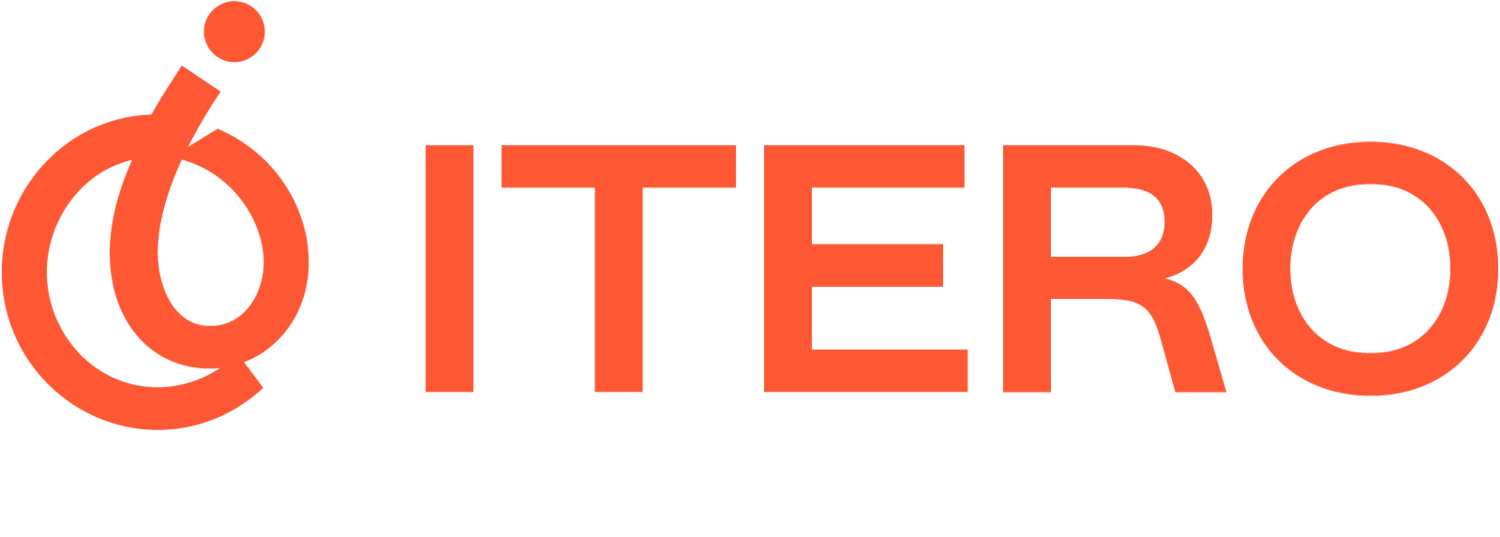Engineering for impact: A day in the life with our Mechanical Engineer
Joe Bullen
Mechanical Engineer, Itero
What motivated you to join Itero?
Having worked at a consultancy for most of my career to date, I have been exposed to almost every engineering sector. As part of my consulting work, I was part of renewable projects, which showed me that I could be part of the solution when it comes to the climate and the planet. I have been driven by this ambition to be an engineer who doesn’t just innovate for the sake of technology, but who applies engineering to solve real-world environmental challenges. Itero’s mission is exactly the kind of game-changing, impactful technology I want to be part of. It aligns with my passion for supporting Net Zero, reducing waste, and working on engineering solutions that push boundaries while delivering real sustainability outcomes.
I should also give my wife some credit for inspiring my interest in renewables and the circular economy. With a degree in marine biology and a passion for SCUBA diving, she has shown me the wonders of the underwater world. Seeing it firsthand has reinforced my desire to protect these ecosystems and contribute to eliminating plastic waste from our oceans.
Working in sustainability focused engineering is exciting because it’s not just about ideas — it’s about turning novel technologies into practical systems that solve real-world problems. That’s the challenging part. If it were easy, it would have been done a long time ago. When you get into the details, complex challenges emerge that require practical, well-engineered solutions.
What’s the most exciting thing about your work?
Every day, I get to solve complex problems, and even better, I get to see the results in real systems. I enjoy being hands-on with mechanical systems, and at Itero that means tackling challenges that come with scaling up our novel pyrolysis technology. It’s a thrill to be part of a process where engineering decisions improve performance, reduce waste, and make the technology more robust. For me, the combination of practical problem-solving and knowing that our work helps cut plastic pollution and support net zero makes this role especially rewarding.
What does a typical day look like for you?
A typical day for me is split between hands-on work at our pilot plant and design work for the demonstration plant. At our West London Pilot Plant, I support R&D activities. That often means carrying out maintenance, implementing upgrades, and optimising the system to improve performance. I enjoy that side of the role because it’s practical and requires quick problem-solving. Alongside that, I also work on the design of the demonstration plant, where I take learnings from the pilot plant and translate them into large-scale solutions. My day can be a mix of immediate, hands-on challenges and forward-looking engineering design.
Itero’s technical team also has a truly collaborative mindset. Everyone is willing to help, no matter their role or level of experience, and there’s a real sense that we’re all working toward the same goal. It creates an environment where you can learn quickly, solve problems together, and stay focused on delivering technology.
Joe on site at our West London Pilot Plant
What has been an interesting success for you?
I have been working on various upgrades at our R&D facility to better reflect the design of the demonstration plant. One upgrade involved getting hands-on with the equipment to optimise the feedstock transfer within the reactor, ensuring the process operates as efficiently as possible. This project was rewarding not only because of the technical challenge of retrofitting new equipment, but also because it demonstrated how practical problem-solving at pilot scale can directly inform the design of our demonstration plant.
What do you see as changing trends in your industry? What skills do you see people entering engineering now needing to focus on?
A strong – and necessary - push toward net zero and the associated increased regulatory pressure on waste and emissions is driving demand for innovative recycling and material recovery technologies. This has led to a lot of scaling up of pilot technologies into industrial systems — it’s no longer just about proving a concept, but making it reliable, efficient, and commercially viable. Hopefully, these industrial systems will thrive and drive down the cost of net zero supporting technologies.
Engineering is an exciting field because it allows you to work on cutting-edge technology and even advance it. For mechanical engineers, a strong understanding of the fundamentals is crucial, but equally important are adaptability and practical problem-solving skills. The ability to translate theoretical designs into systems that work reliably in the real world, while navigating constraints like cost, integration, and maintenance, is becoming increasingly valuable. Engineers entering the field now also need to be comfortable working across disciplines and considering sustainability impacts alongside technical performance.
Would you be interested in working with us? Please stay tuned for technical working opportunities on our career page.


